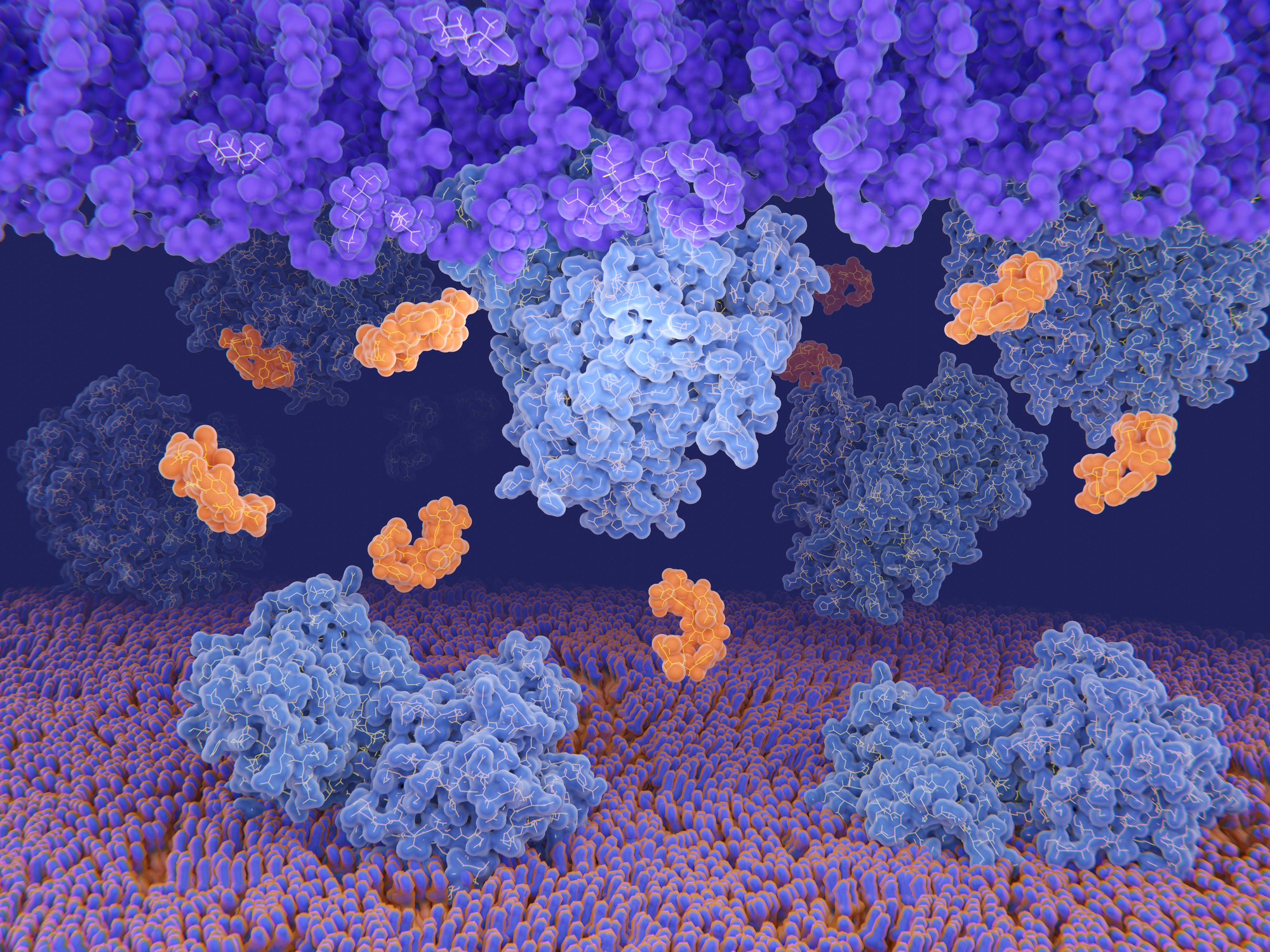Probiotics Show Promise as Treatment for Hypertension
An estimated 40 percent of the global adult population has high blood pressure, or hypertension, which puts people at risk of cardiovascular disease and other dangerous health conditions. Previous studies have connected the rising rates of hypertension to increased sugar consumption. The sweet stuff likely boosts blood pressure through manyRead











